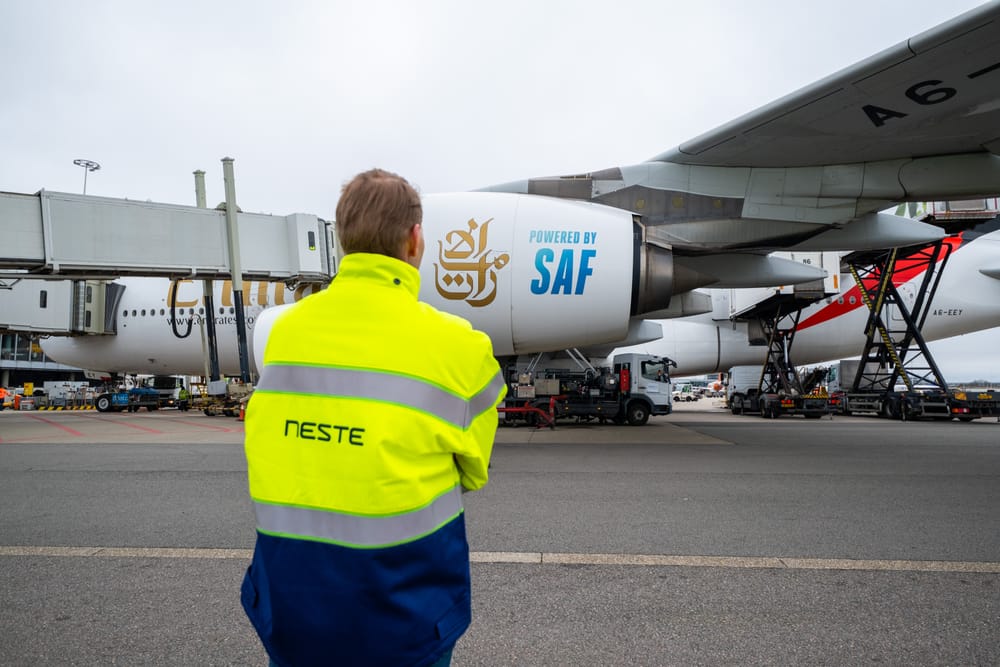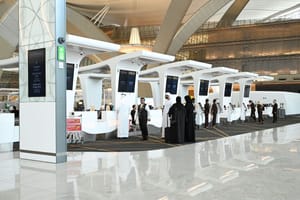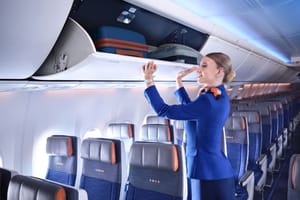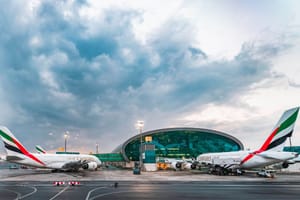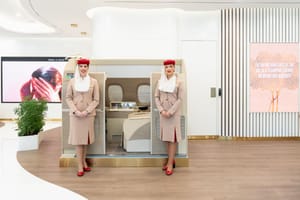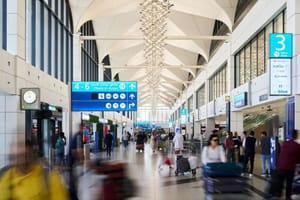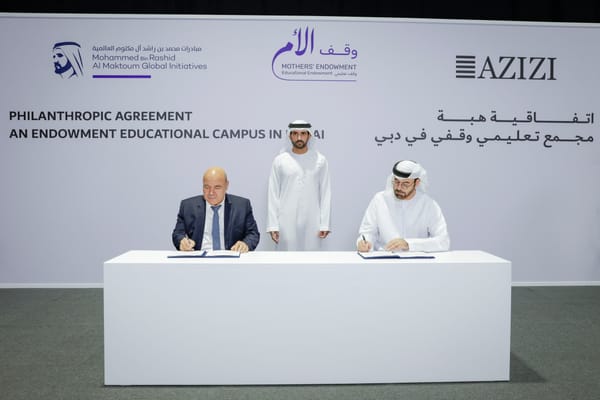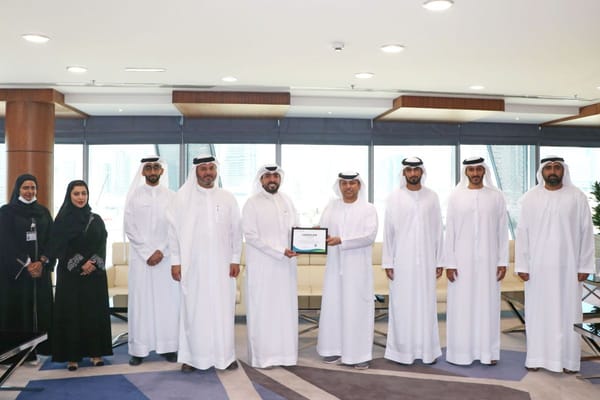Emirates has commenced the activation of its fuel agreement with Neste this month at Amsterdam Schiphol Airport. Over 2 million gallons of blended SAF will be supplied into the fuelling system at Schiphol Airport over the course of 2024.
The airline will track the delivery of SAF into the fuelling systems and environmental benefits using standard industry accounting methodologies. Emirates’ partnership with Neste, announced late last year, represents one of the largest volumes of SAF that the airline has purchased to date.
Once fully supplied into Amsterdam Schiphol’s fuelling system, the blended SAF will have been comprised of over 700,000 gallons of neat SAF. The airline is also working with Neste to supply SAF into the fuelling systems at Singapore Changi Airport in the next few months.
Adel Al Redha, Deputy President and Chief Operations Officer, Emirates said:
“Collaborating with committed partners like Neste is one of the practical steps we are taking to reduce our emissions, and it’s an all-important milestone in our own sustainability journey as an airline. Strong partnerships like this, especially at major air transport hubs such as Amsterdam, lay the foundation for how we can work with partners and airports to increase access to and availability of SAF across our network.”
Alexander Kueper, Vice President Renewable Aviation, Neste said:
“We are proud to support Emirates in their sustainability journey. SAF is an available solution for reducing greenhouse gas emissions from air travel and it is exciting that Emirates have started using our Neste MY Sustainable Aviation Fuel at Amsterdam Airport Schiphol. It is also a great example of how we are working together with partners to accelerate SAF usage and are looking forward to the next steps of our cooperation.”
Emirates has been actively involved in advancing Sustainable Aviation Fuel (SAF) initiatives. SAF, safely usable in existing jet engines and airport infrastructure, reduces lifecycle carbon emissions by up to 80% compared to conventional jet fuel. Emirates conducted its first SAF-blended flight from Chicago in 2017 and currently operates SAF flights from Paris, Lyon, and Oslo.
In October of the previous year, Emirates integrated SAF into Dubai Airport's fuelling systems. The airline has joined the Solent Cluster in the UK to support low carbon investments, aiming to establish a SAF plant capable of producing 200,000 tonnes per year by 2032. Emirates engages in industry and government working groups, collaborating on SAF production and supply scaling efforts. It actively contributed to the UAE's Sustainable Aviation Fuel Roadmap, targeting 700 million liters of SAF production by 2030, aligning with the country's ambition to become a regional hub for alternative aviation fuels.
Joining entities across aviation, government, regulatory, academic, fuel production and the manufacturer value chain, Emirates is a founding participant of the UAE research consortium Air-CRAFT, focused on developing, producing, and scaling sustainable aviation fuel (SAF) technologies for the industry.
News Source: Dubai Media Office
